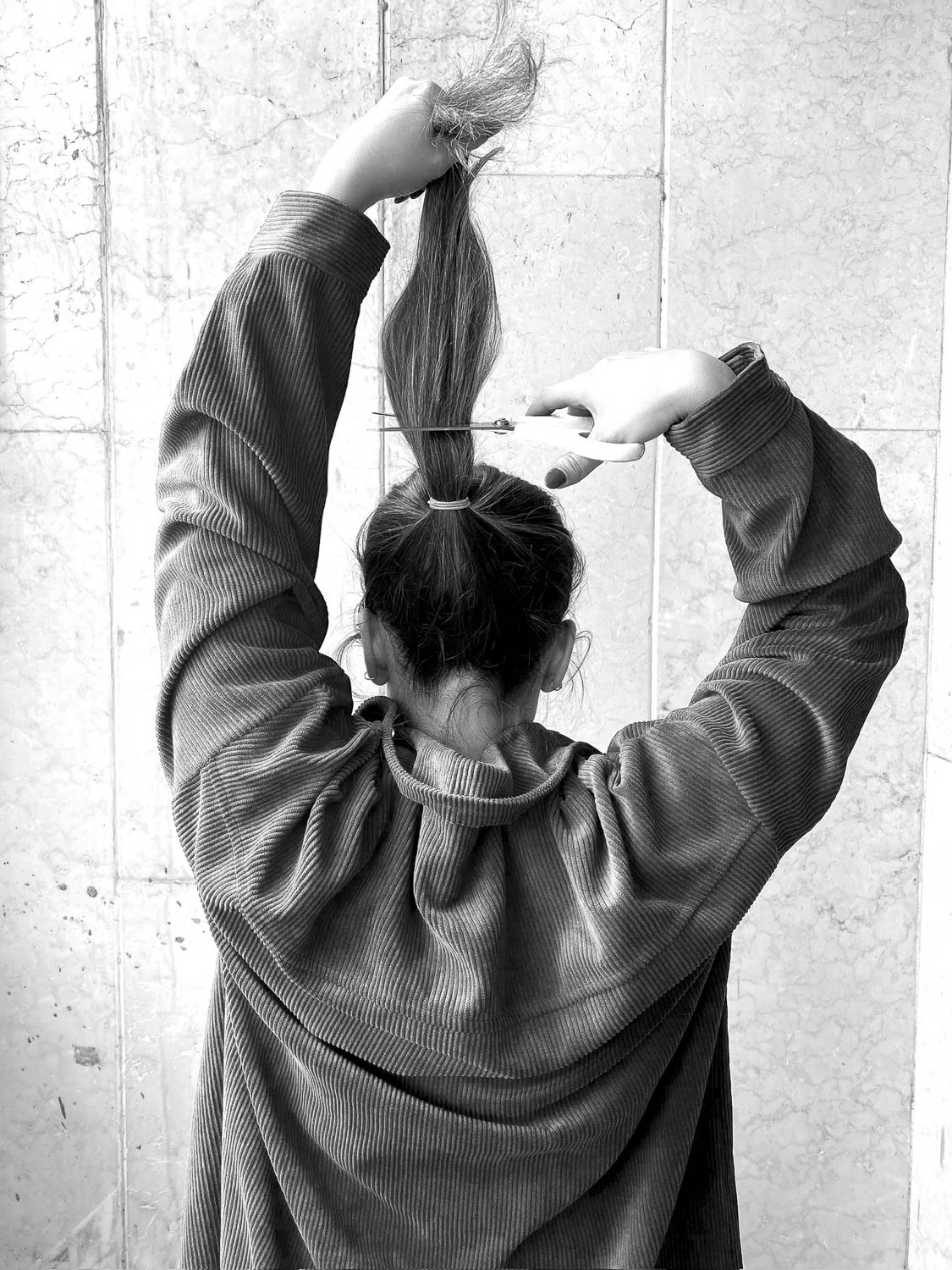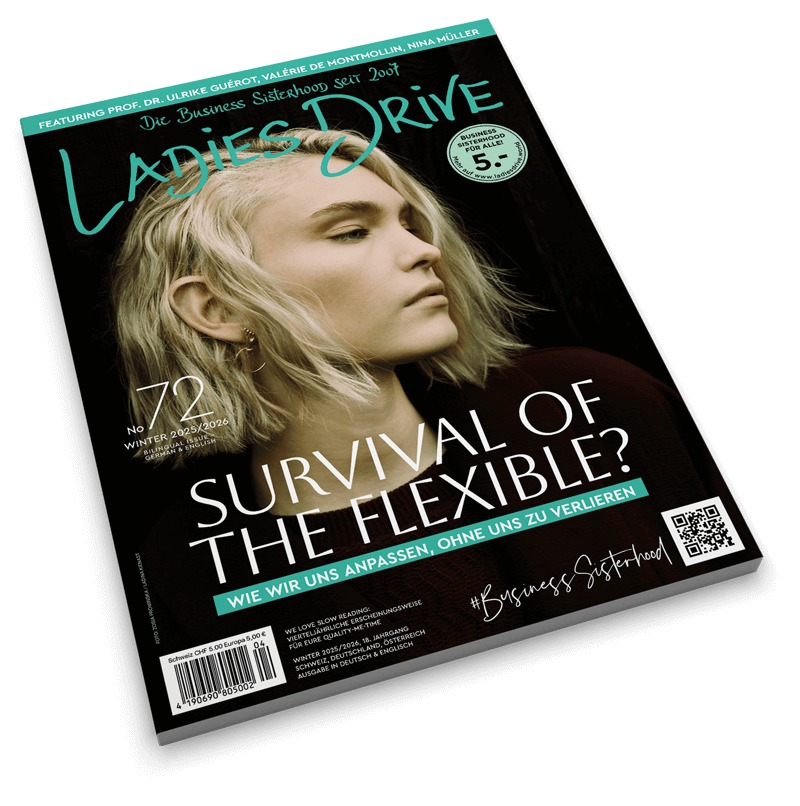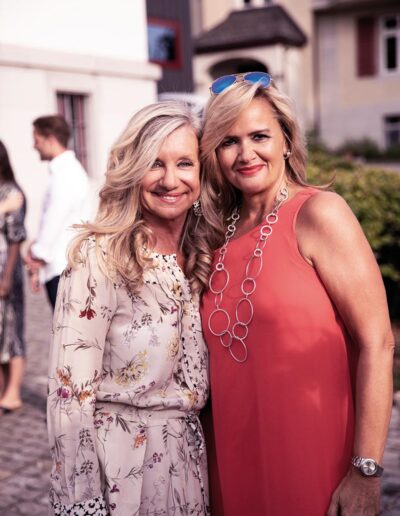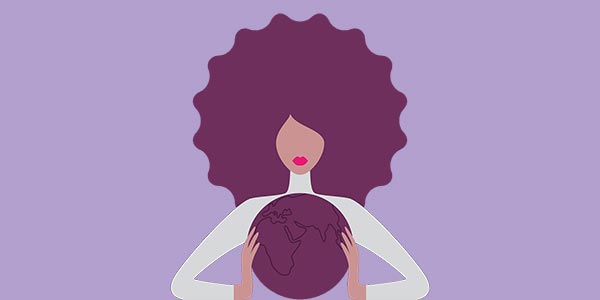According to Human Rights Watch 2024: „Women face discrimination in personal status matters related to marriage, divorce, inheritance, and decisions relating to children. Under the civil code, a husband has the right to choose the place of living and can prevent his wife from having certain occupations if he deems them against “family values.” Under the Passports Law, a married woman may not obtain a passport or travel outside the country without the written permission of her husband, who can revoke such permission at any time. The civil code allows girls to marry at age 13 and boys at age 15 and at younger ages if authorized by a judge.
On October 28, Armita Garavand, a 17-year-old student, died after 28 days in a coma. Media reports indicated that she fell unconscious after she was assaulted by an enforcer of compulsory hijab law at the metro station.
On September 21, the Iranian parliament approved a draft Hijab and Chastity Bill with 70 articles proposing additional penalties, such as fines, increased prison terms up to 10 years for expressing opposition to hijab regulations, and restrictions on job and educational opportunities for hijab violations.“.
On January 18th this quote during WEF 2024 made it into the headlines (Quote www.weforum.org): „Women’s rights must be central to any talks with Iran, says husband of jailed Nobel Peace laureate“. The husband of jailed Nobel Peace Prize laureate Narges Mohammadi has called on Western leaders engaging with Iran to put women’s rights at the heart of any negotiations with the Islamic Republic.
“Women’s rights should be a central part of world powers’ negotiations with the Iranian government and treated as an inseparable part of any agreement,” Taghi Rahmani told participants at the World Economic Forum Annual Meeting.“First, respect women’s rights. After that, we can negotiate,” he said.
The international community needs to stand with women in Iran. We had the opportunity to interview an Iranian woman. In order to secure her safety we keep her identity a secret. A voice from a regime that is not know for its kindness.
Ladies Drive: What is your current situation in Iran like right now?
Since Iran’s society is a traditional religious one I think that it’s important to know that everybody, especially women, can experience different qualities of life in any field such as freedom of decision for their lifestyle, and cover style, which is limited by both the judicial rules of the country and the secular law, so it is very important to consider the place (the religion or city), family atmosphere (the level of education and the way she relates to the world) and even financial level of life. I’m a 34-year-old single woman who was born in the capital of Iran (Tehran), into an educated family with upper-middle financial conditions, with an enlightened approach towards other societies. I studied the master’s program in energy at Azad University but currently, due to circumstances, I’m busy with my interest, which is painting and teaching in that field.
How dangerous would it be for you to do this interview with your full name on it?
Since lack of freedom of speech corrupts the judicial system and gives governments access to personal information, it could be dangerous, and some situations like summons to judicial authorities or arrests is possible.
What has changed in Iran and for women in Iran since Mahsa Amini died…?
In the last 44 years, Iranian women have faced various social and gender legal restrictions in various fields, and from the beginning, some groups of women started to fight against this gender propaganda in different ways, and during these years people’s view of women’s conditions had changed a lot. At the time that Mahsa Amini was killed just because of the mandatory hijab, this anger turned into a pluck of women and acceptance of the society towards the change of their clothing and position (nowadays too many women in the streets don’t wear a scarf and also, we can see more women who break the clothing taboos) also now women have become more aware of their rights. On the other hand, life has changed in different ways for many people who lost their family member in recent protests, those who lost a part of their body like their eyes, or even the people who were arrested and spent a period in prison in the Islamic republic or are still in prison. Unfortunately, Iran’s domestic Internet is very limited for everyday life and we can only use some applications and websites by installing a VPN on our phone or laptop.
What has to change for women in Iran…?
In my opinion, what happens to women in Iran is as long as the history of Iran and is not specific to the last regime but in the Islamic Republic of Iran, different and new forms of cruelty, injustice, and extortion also formed. One of the most important things that should change is uncivil and unprincipled laws that are associated with gender discrimination.
Has the situation for women in Iran ever been better in your lifetime?
Relatively compared to the past, the status of women regarding issues such as individual freedom in society, work activities, education, and any other social activities has gotten better and it has happened because of people’s efforts and struggle in these years.
What can we – as a community from Switzerland – do to help?
Firstly, I do appreciate you for asking me this question and paying attention to the issue of Iranian women. From my perspective, opening some real windows is much more useful than big idealistic ideas, and along with interviews like this and conveying the situations and words of Iranian women, some move to ease the term of transfer of ideas and capabilities and resumes of Iranian or cover Afghan girls who are learning and empowering themselves in a hard situation. As you know, some field activities are forbidden in Iran or even illegal for women and they take a risk by doing that. This risk can be from spending time and money for some, being sure of the university, and not having any job in the future because you are a woman, to going to jail for doing just some activities like singing, modelling, dancing, and the like. On the other hand, sanctioning any communication and corporation with the government of Iran and related persons can be useful in some other ways.
Has the support been ongoing or has the war in Ukraine, and the conflict in Gaza, pushed Iran away from the centre of attention? Do the media still report about the women in Iran?
These wars have had their impact on the attention to the conditions of the Iranian people and women. Currently, the attention of foreign media and the coverage of Iranian news has decreased a lot. Most of the Farsi-language media outside the country cover domestic events.
What do you imagine the rights of women in Switzerland – or Europe in general – to be like?
I know that in Switzerland and Europe, women have basic human rights and citizenship rights, moreover, men and women are equal in the field of judicial laws.
What is your wish for your home country…? What has to happen…?
Individual freedom and social justice, fair judicial law for both men and women in an equal way, in addition to having a government based on democracy and secularism. I wish that my people achieve basic financial and social well-being and that the good values lost return to society.
How dangerous is it to be a woman in Iran – today?
As I said this issue depends on many factors such as the social status of the family’s circumstances and thinking, work fields, and social activities. But anyway, the risks for women are double.
What is it that we should understand about Iran and women in Iran?
As an Iranian girl, since childhood I have faced such issues as the separation of boys and girls in schools, the obligation to wear long-sleeved clothes and scarves in schools. Restriction of sports and work activities, father’s or husband’s permission to leave the country for women. I had the experience of studying in university in an avionic field and after finishing the courses just found that this work is not for women, and of course, spent too much time and energy to get that. Moreover, some other injustices against women are the lack of the right to divorce and custody of the child by the mothers, and according to the law, a daughter’s inheritance is half of a son’s. As I said in some fields activities are completely forbidden for women like some sports such as swimming and gymnastics in worldwide fields or any sports or activities that are not approved by them like dancing singing, modelling, motor driving, or more.
The dimensions of the atrocities that the Islamic Republic regime has done to its people cannot be fully described, but I know it is necessary to point out this aspect of the oppression of the government. I would like to add that in addition to all the atrocities that we mentioned, one of the most brutal crimes committed by this government against the people of Iran is the process of killing, torture, execution, rape, and imprisonment of many people. If today too many things have changed in the society, it is because of the cost of these lives and loss of these lives. And if today after all these years and after Mahsa Amini’s movement, street protests are not continuing, it is because of the unlimited brutality of the government in killing or arresting people.
Further information:


















